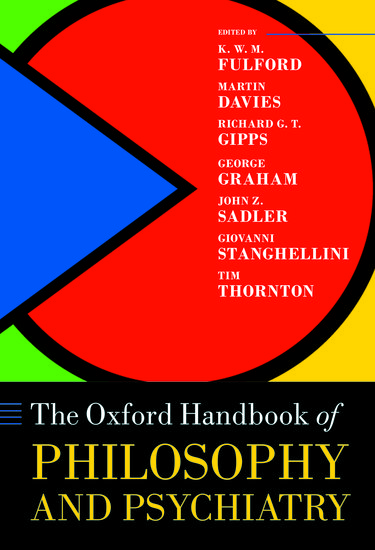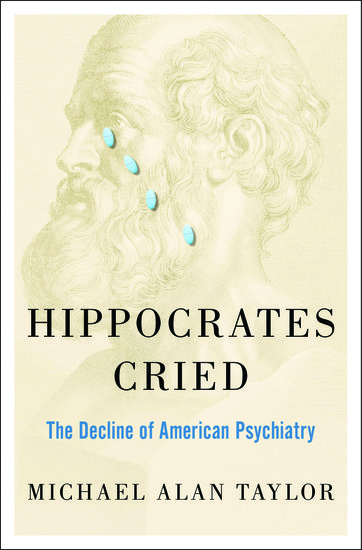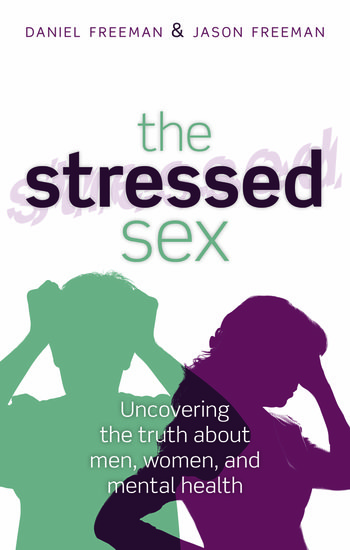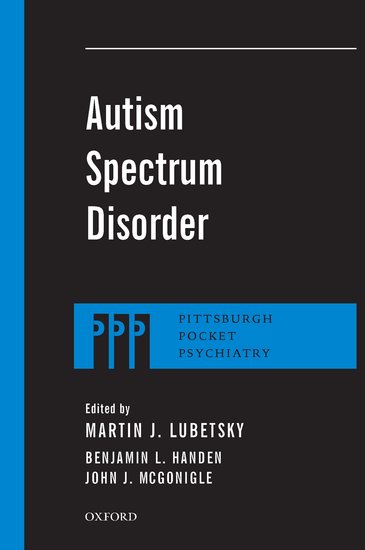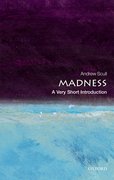Madness, rationality, and epistemic innocence
Lisa Bartolotti
Madness and irrationality may seem inextricably related. “You are crazy!” we say, when someone tells us about their risk-taking behaviour or their self-defeating actions). The International Classification of Diseases (ICD 10) and the Diagnostic and Statistical Manual of Mental Disorders (DSM 5) describe people with depression, autism, schizophrenia, dementia, and personality disorders as people who infringe norms of rationality.

